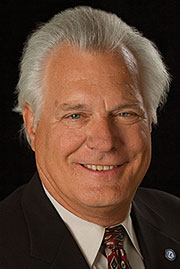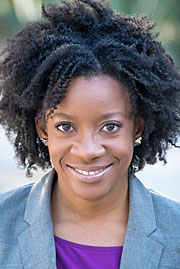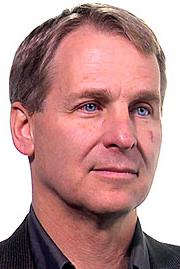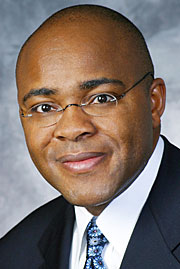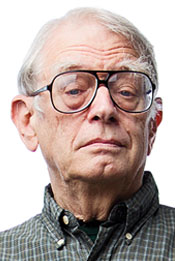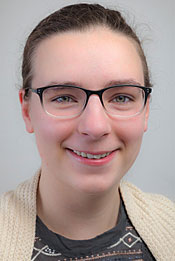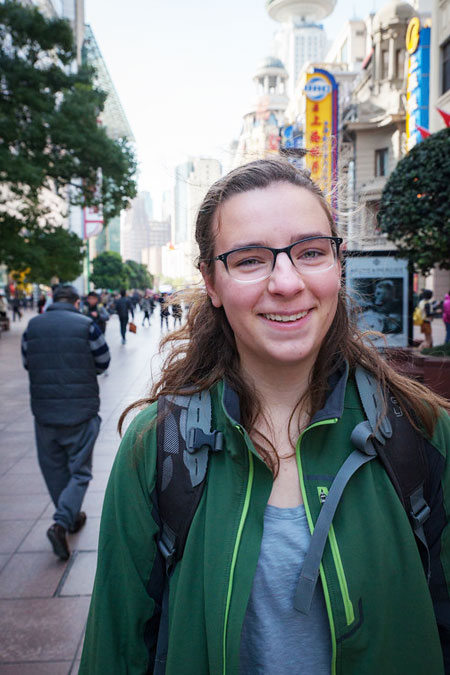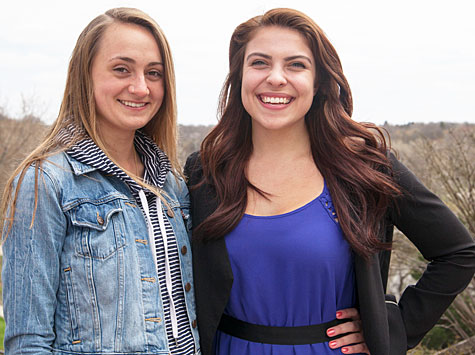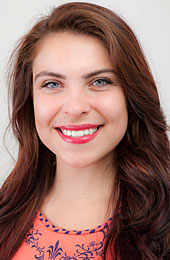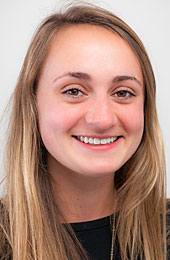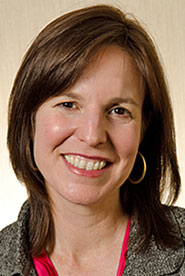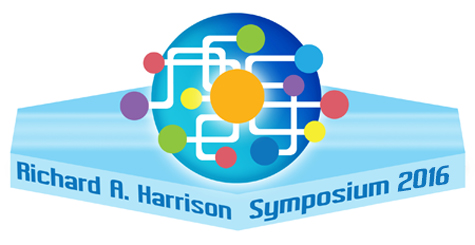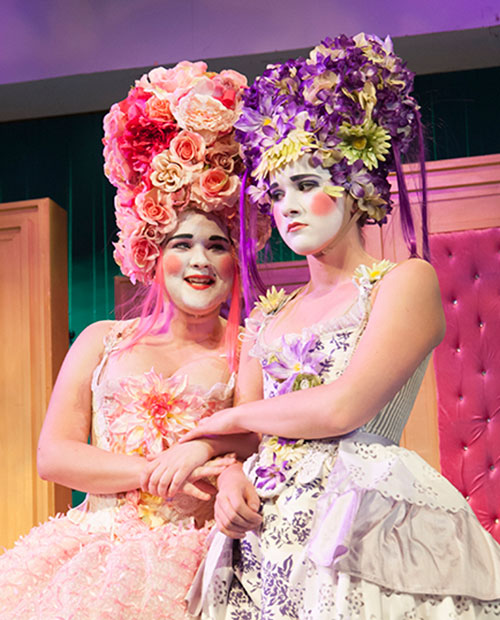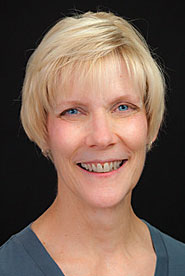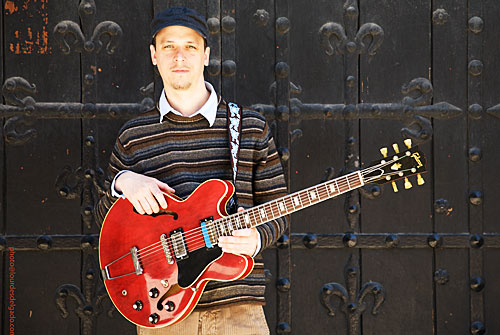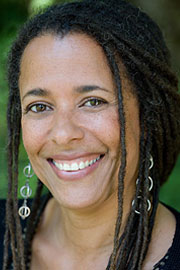
Eight Lawrence University art majors will have their creative work featured in the annual senior major exhibition opening Friday, May 27 in the Wriston Art Center galleries.
The exhibition, which is free and open to the public, runs through July 3. A reception with the student artists at 6 p.m. opens the exhibition.
Works in the exhibition include photography, ceramics, sculpture, textiles, paintings, installation and performance art.
The seniors whose work will be featured are:
• Oumou Cisse, Washington D.C.
• Tess Gundersen, Santa Fe, N.M.
• Liam Hoy, Chicago, Ill.
• Abigail Kosberg, Wildwood, Ill.
• Brandin Kreuder, Burlington
• Isabella Schleisner, Greenville
• Laura Udelson, San Francisco, Calif.
• Austin Wellner, Green Bay
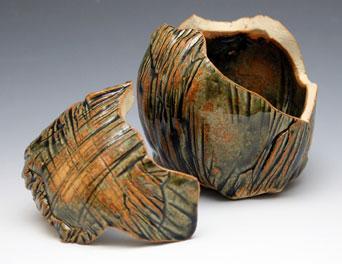
The Wriston Art Center galleries are free and open to the public Tuesday-Friday 10 a.m. – 4 p.m.; Saturday-Sunday noon – 4 p.m.; closed Mondays. For more information on the exhibition, 920-832-6890.
About Lawrence University
Founded in 1847, Lawrence University uniquely integrates a college of liberal arts and sciences with a nationally recognized conservatory of music, both devoted exclusively to undergraduate education. It was selected for inclusion in the book “Colleges That Change Lives: 40 Schools That Will Change the Way You Think About College” and Fiske’s Guide to Colleges 2016. Engaged learning, the development of multiple interests and community outreach are central to the Lawrence experience. Lawrence draws its 1,500 students from nearly every state and more than 50 countries.
